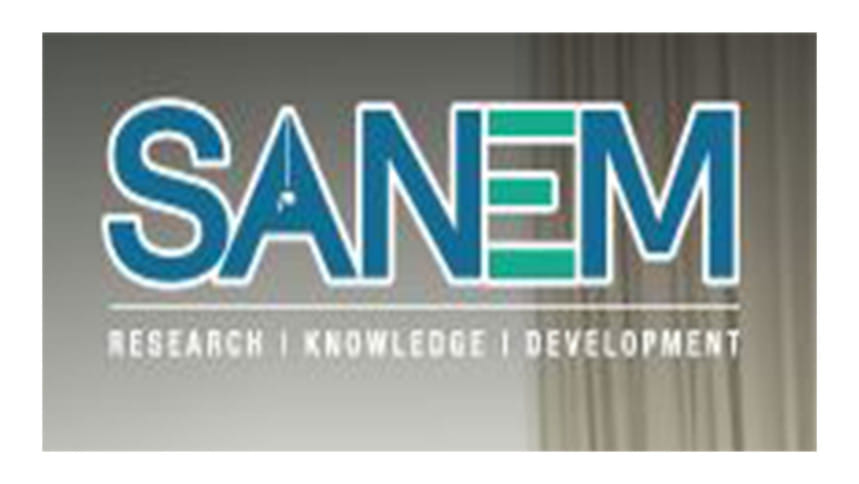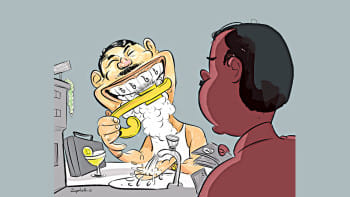Synergy in policies key to containing inflation: Sanem

Monetary and fiscal policies in Bangladesh should be framed in a way so that they work together to achieve the country's inflation and macroeconomic targets, according to the South Asian Network on Economic Modeling (Sanem).
"Although containing inflation will be a big challenge in the upcoming fiscal year, no specific measures were included in the proposed national budget to this end," said Sayema Haque Bidisha, research director of the think-tank.
"Both fiscal and monetary policies should work in tandem to contain inflation."
Bidisha yesterday made these comments during a post-budget media briefing at the Brac Centre Inn in Dhaka.
The proposed national budget for the fiscal year of 2022-23 was announced amid a challenging economic context, such as uneven recovery from the Covid-19 pandemic, inflationary pressure fuelled by the Russia-Ukraine war, balance of payment deficit, issues in revenue mobilisation, low budget implementation, rising poverty, inequality and unemployment.
The import tax levied on some essential items was also left untouched in the proposed national plan while potential adjustments in energy prices could fuel the inflationary pressure, said Bidisha, also a professor of economics at the University of Dhaka.
"Market mechanisms need to be strengthened and monitored in order to contain the import-based inflation."
Current expenditure and non-development expenditure rose at a higher pace in the proposed budget as there was a need to prioritise them, said Selim Raihan, executive director of the Sanem.
Some important sectors like education and health need bigger allocations but increased funding alone cannot ensure a proper outcome.
"So, implementation skills also need to be raised," said Raihan.
Besides, the government's eighth five-year plan was not represented in the proposed budget and so, the country lags in medium and long-term development planning, Raihan said, adding that the five-year plan should be revised.
In answer to a query, he said the tax-free annual income limit should have been raised to at least Tk 3.50 lakh considering the high inflationary pressure in Bangladesh.
"The middle and lower-middle-income people are facing problems due to inflation while the poor segment is in a tough period. Increasing fuel prices in the coming days will make the situation harder."
However, the real allocation for social safety net programmes was reduced in the proposed national plan, according to the think-tank.
The government aims to borrow from banks to meet the budget deficit but that may crowd out private sector funding and so, it could seek alternative sources for financing, such as foreign loans.
With low employment elasticity despite the growth in gross domestic product, it is not clear whether cutting the corporate tax by 2.5 percentage points from the next fiscal year will lead to the required employment generation, the Sanem said.
"So, a detailed and specific roadmap for generating employment is required."
The organisation found that many people became "new poor" during the coronavirus pandemic and the situation worsened because of the Russia-Ukraine war and subsequent hikes in global commodity prices.
However, allocations for social safety net programmes were reduced through deductions in pensions, interest, and stipends.
Moreover, the allocation for open market sales was cut in the proposed budget to Tk 1,720 crore from Tk 1,943 crore in the previous fiscal year.
The Sanem welcomed the reduction in the import duty on some products like wheat gluten and sugarcane molasses.
It recommended increasing the allocation for social infrastructure and per capita allocation under the key social safety net programmes and the total allocation, excluding pension and interest, in line with the peoples' need.
Regarding measures that provide opportunities to whiten black money, Raihan said the government should focus on stopping the capital flight instead of giving the chance to bring back the funds.
"This is because the government has ultimately rewarded those who deserve punishment and this gave a bad signal to society."

 For all latest news, follow The Daily Star's Google News channel.
For all latest news, follow The Daily Star's Google News channel. 



Comments